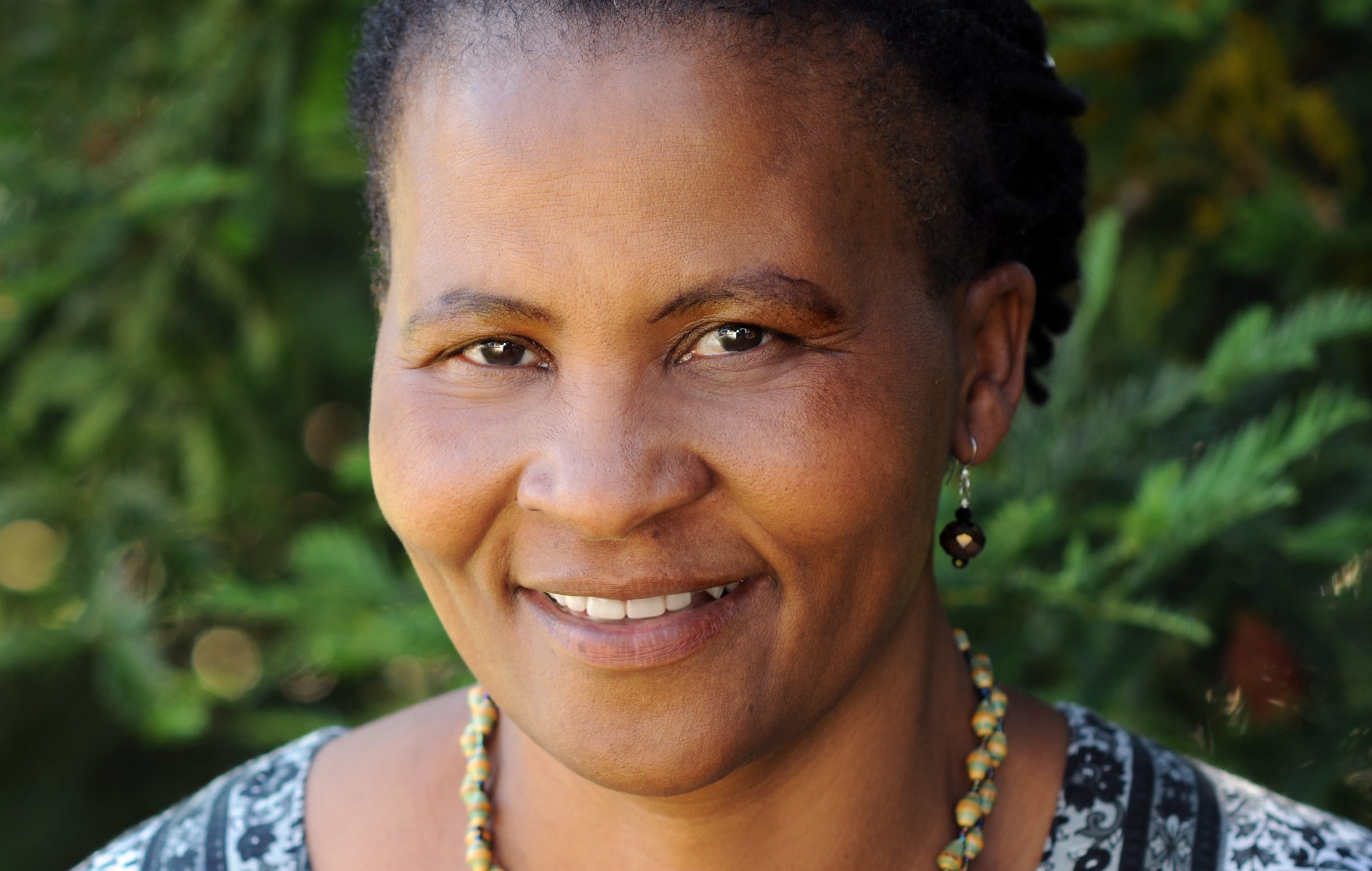Lynn Freeman meets Zimbabwean humanitarian and scholar Dr Tererai Trent - the woman Oprah Winfrey described as her favourite guest of all time.

Photo: supplied
Born into a rural cattle-herding family, Dr Trent was a mother of three by 18 years old. She now runs an international foundation building schools throughout Zimbabwe to provide quality education for all.
Around the world, more than 62 million primary school age girls are denied the right to an education - 50 percent of these are girls in sub-Saharan Africa.
Dr Trent says the problem is being addressed, but at a slow pace.
“I think we are letting down our girls, we are letting down Africa and we need to step up and really make sure we improve gender parity in education.”
She likens the cycle of poverty to a relay.
“You are handed the baton of poverty, the baton of lack of education and you are running with that baton, as a girl. As you grow up, you become a mother, you hand over that baton to your own girl – and the vicious cycle continues … We have to stop this relay, we have to stop this baton.”
Dr Trent’s mother, grandmother and great grandmother were all married very young into polygamous relationships.
Growing up, she dreamed of getting an education and taught herself to read and write from her brother's schoolbooks.
At 22, as she was expecting her fifth child, she decided she needed to change her life.
Around that time, Jo Luck from the charity organisation Heifer International visited her village and asked every woman about her greatest dream. Trent said she wanted to get a bachelor's degree, a masters and eventually a PhD.
When she told her mother about Jo Luck’s encouragement, her response was profound, she says - “If you believe in what this woman has said to you, you work hard and you achieve your dreams, not only are you defining who you are, but you're also defining every life that comes out of your womb in generations to come,” her mother said.
Dr Trent says visiting classrooms in Zimbabwe is a healing experience.
“I find joy looking at these children. Most of them come from very poor households and they walk long distances to go to school. They love education, they are committed, and I know in many ways I am helping them to change their future.”
When she was growing up all of her role models were male, Trent says – the men and boys who were the earners. Part of her work now is being a role model herself.
“I work with communities that know me, they've seen me growing up. They see me as a role model and they also want their girls to have the same opportunity I had. They can envision their own girls being educated, coming back to the community and adding value to the community.
“If I had an education when I was young I might have ended up with fewer kids. It doesn’t mean I don't love my children, I love my children very much. I dream as my girls gain an education they will be in a position to make a choice whether to have fewer children or to have many children. They'll also have a choice whether to get married or not to get married.”
The infrastructure and curriculum for education is one thing, but it can’t be ignored that many parents have no source of income with which to pay school fees and later tuition for college and university, she says, and it is critical that this be addressed in order to create a sustainable education system.
Her organisation is now fundraising to build a factory where mothers will be employed as craftspeople.
“These mothers may not be educated, but they are skilled. I have watched them doing jewellery, making clay pots... We can provide quality products and sell them, so at least they have an income and be the ones to educate their own children.
“There are many girls like me who could be Tererai if we give them opportunities.”

